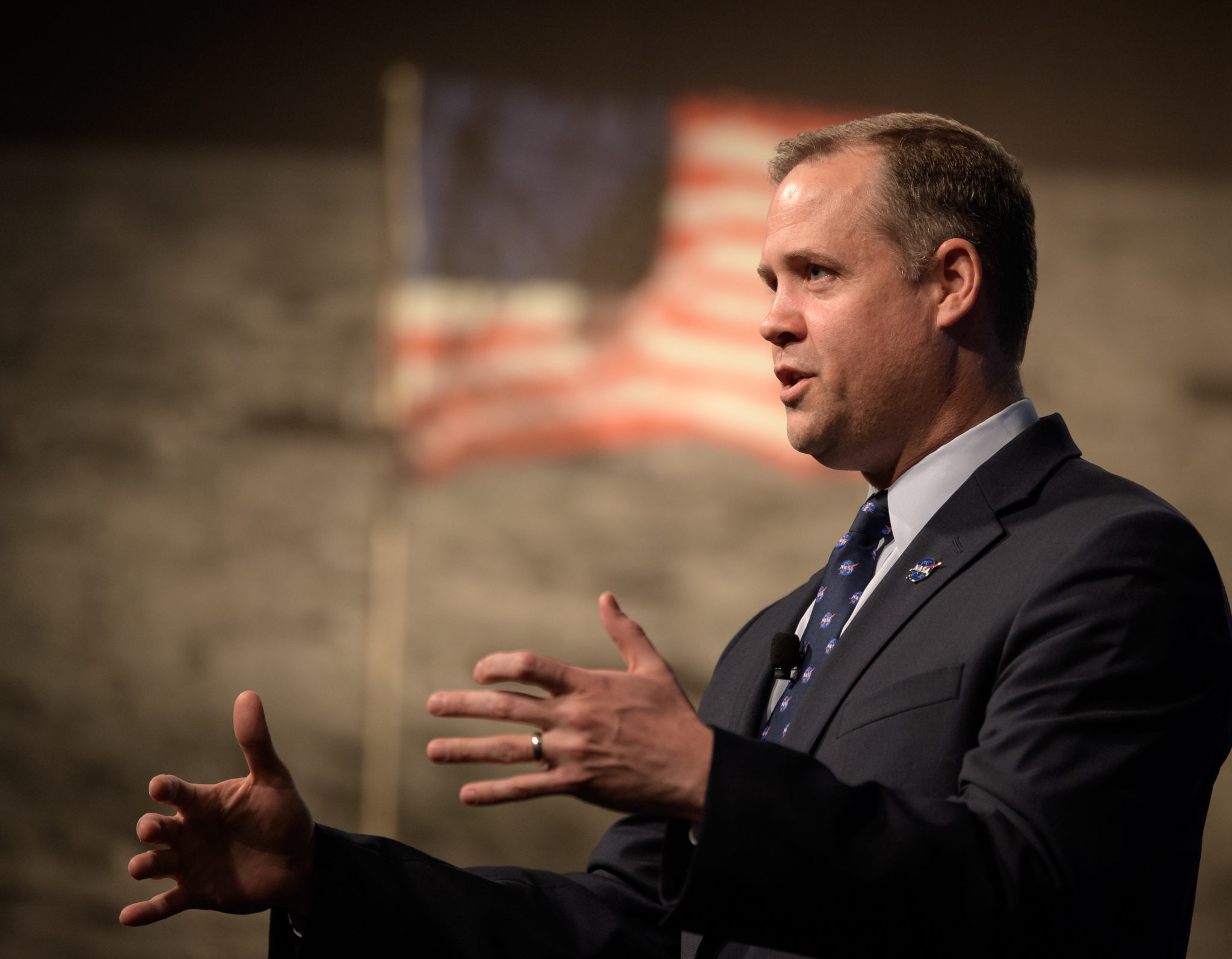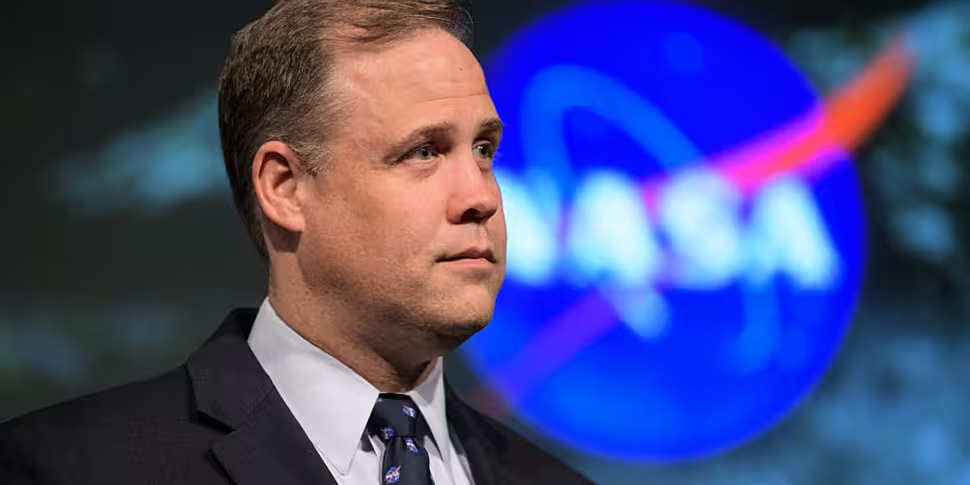The head of NASA has warned that India’s decision to blow up one of its satellites has posed a risk to the International Space Station.
The space agency’s administrator Jim Bridenstine was speaking after India shot down a low-orbiting satellite five days ago.
Describing the decision as a “terrible, terrible thing” he warned that it had created a cloud of orbital debris that posed a threat to other satellites including the ISS.
He said NASA has been able to track around 60 of 400 pieces of debris from the explosion – 24 of which have travelled to a higher altitude than the ISS.
“That is a terrible, terrible thing to create an event that sends debris in an apogee that goes above the International Space Station.
“That kind of activity is not compatible with the future of human spaceflight that we need to see happen.”
Risk
He said the risk to the ISS from small debris had risen by 44% over a ten day period, with all commercial and scientific operations in earth orbit “placed at risk.”
“When one country does it then other countries feel like they need to do it as well,” he said.
“It’s unacceptable and NASA needs to be very clear about what its impact to us is.”
 NASA Administrator Jim Bridenstine during a NASA town hall event, 01-04-2019. Image: NASA/Bill Ingalls
NASA Administrator Jim Bridenstine during a NASA town hall event, 01-04-2019. Image: NASA/Bill IngallsAnti-satellite missile
After the mission, India’s Ministry of External Affairs said the test had demonstrated its ability to intercept a satellite in outer space using completely indigenous technology.
It said the mission’s success had seen it join an exclusive group of space faring nations consisting of the USA, Russia and China.
It said that any debris from the explosion will “will decay and fall back onto the earth within weeks.”
Mr Bridenstine said he believes astronauts on-board the ISS are safe, noting that if scientists need to “manoeuvre” the ISS, they will do so.
"At the end of the day we need to be clear with everybody in the world, we're the only agency in the federal government that has human lives at stake here,” he said.
“It is not acceptable for us to allow people to create orbital debris fields that put at risk our people."
Space debris
The European Space Agency estimates that there are around 900,000 pieces of debris ranging in size between 1cm and 10cm in orbit around Earth.
There are 34,000 objects larger than 10cm in diameter.
Meanwhile, the agency says, there are 128 million pieces ranging in size from 1mm to 1cm.
The ESA said most of these pieces “have the potential to damage functioning satellites or even destroy them altogether.”
“If we continue as we are, without measures to tackle this technological trash, the most useful orbits around Earth will become inhospitable to our critical space infrastructure,” it said.









